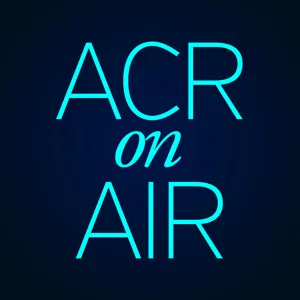60. Ophthalmology for the Rheumatologist

Our eyes: reflections of the soul, can say more than lips without need of translation and give us a glimpse into stories only a journey can record. Our next guest knows this all too well as he’s made a career of looking at rheumatic disease through a different lens. Quite literally. Join us this week for an illuminating discussion with Dr. James T. Rosenbaum, MD, rheumatologist and author of over 650 peer-reviewed manuscripts. Dr. Rosenbaum is credited as being both one of the world’s most impactful uveitis scientists for the years 2013 to 2023 and the only practicing rheumatologist to have headed a department of ophthalmology. Dr. Rosenbaum helps us put uveitis into focus this week as we discuss what it is, how he treats it, how to determine if those with it have other rheumatic conditions, and which patients with rheumatic disease should seek additional treatment with an ophthalmologist.